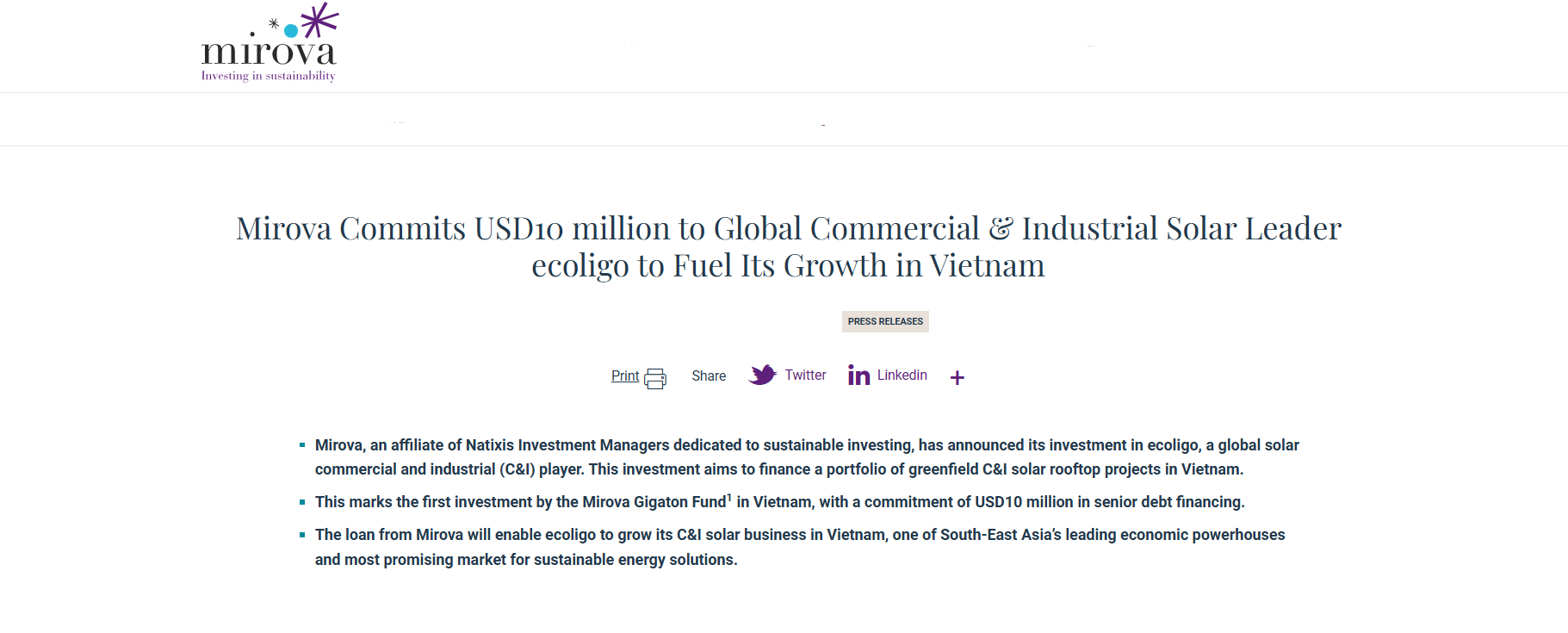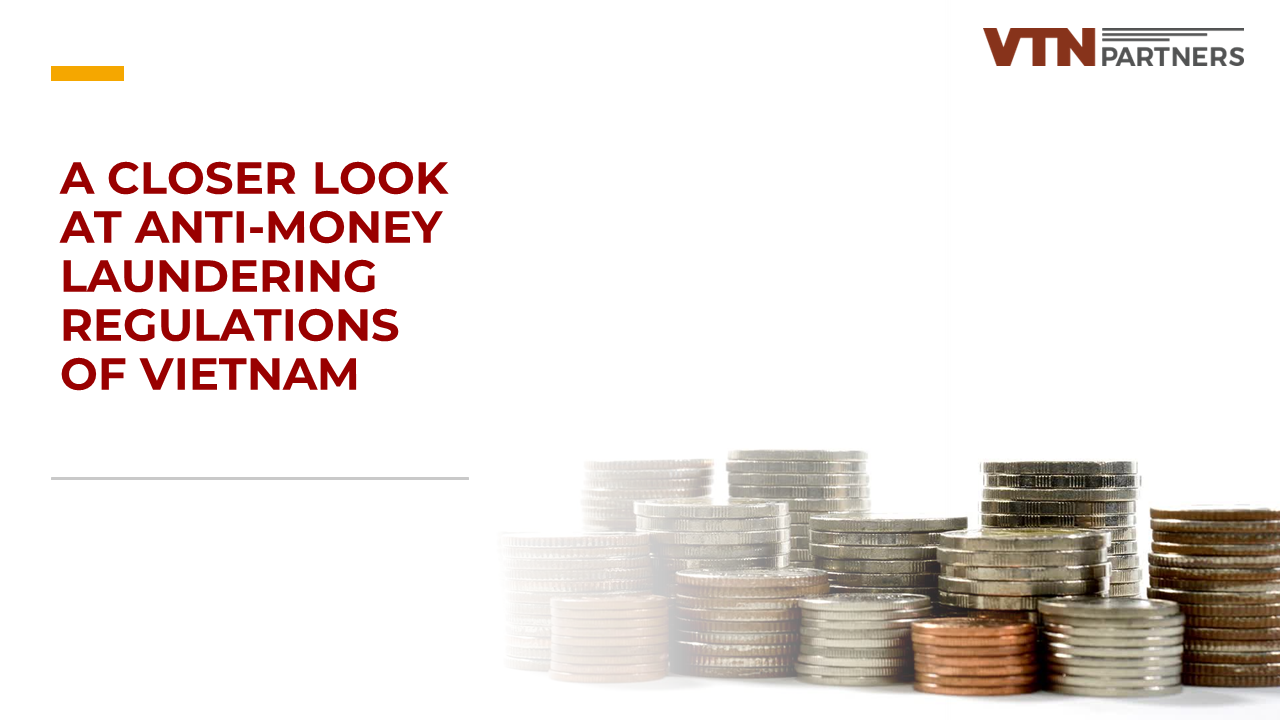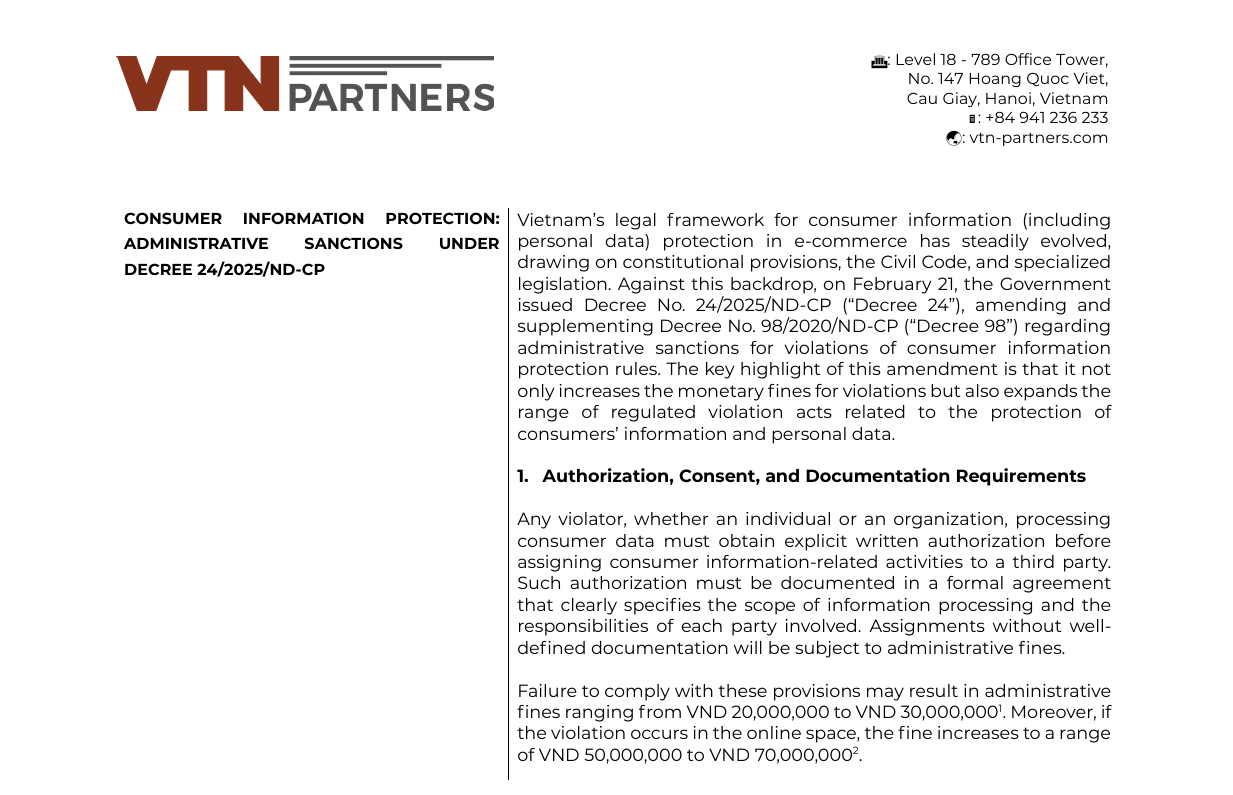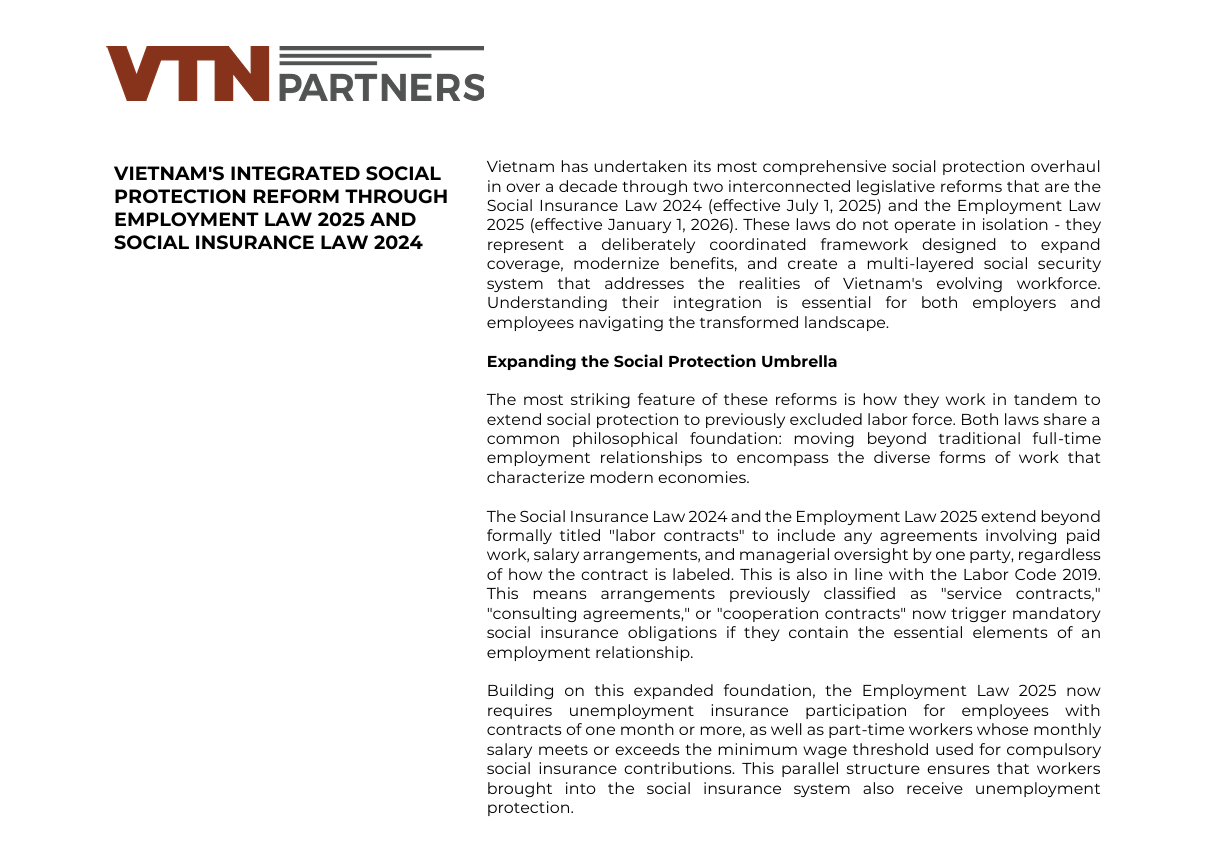This article is written by Nguyen Kien Cuong and edited by Nguyen Thanh Nghiep
Foreign Direct Investment (FDI) sector is crucial to Vietnam’s economic development. It brings in capital, technology, management expertise, and access to international markets. One of the critical decisions foreign investors need to make when contributing capital to FDI enterprises in Vietnam is the choice of currency. This decision can significantly affect their investment’s profitability and risk profile. This article aims to answer the question of whether to denominate foreign investment in a foreign currency or Vietnamese Dong (VND) and analyze the optimal currency choice for foreign investors.
According to Law on Investment 2020[1] and Law on Enterprise 2020[2], foreign investors are allowed to contribute capital in both foreign currency and in VND to obtain the Investment Registration Certificate (IRC) and Enterprise Registration Certificate (ERC) of a foreign-invested company (FIC). However, although the amount remitted to the direct investment capital account is precisely equal to the registered capital, the exchange rate on the remittance date can be lower than the rate on the IRC and the ERC registration dates.
Therefore, the disparity between the VND amount converted from the contributed capital in foreign currency and the VND amount recorded in the IRC and the ERC warrants attention. It needs to be clarified which amount should be used to determine if the contributed capital of the project and the FIC’s charter capital have been fully contributed: (i) the VND amount after being converted from the foreign currency, or (ii) the actually contributed amount in foreign currency.
In general, if there is a disparity between the VND amount converted from the actually contributed capital in foreign currency and the VND amount recorded in the IRC and the ERC, practice shows that there are 02 options that FICs are often inclined to take on.
Conservative view
First, they may not pay additional capital because FICs have contributed sufficient capital in foreign currency as registered under the IRC and the ERC. They will base the reasoning on the prevailing laws to prove that they have contributed sufficient capital.
Law on Enterprise 2020 requires that the owner or member of a limited liability company must contribute capital to the company “[3]in full and in the type of assets undertaken when registering incorporation of the company“. The laws do not mandate the capital to be fully contributed in VND if the owner registers to contribute in foreign currency. Law on Enterprise 2020[4] also regulates that if the capital is contributed in assets other than VND, freely convertible foreign currencies, or gold, that portion of the capital contribution must be evaluated and denominated in VND.
There have been cases where the competent authority reasoned that “In cases where the investment license stipulates that the charter capital of the Company is determined in foreign currency equivalent to an amount of VND, the determination of the investor’s capital contribution in foreign currency (excess, lack, sufficient compared to the charter capital) is based on the amount of foreign currency actual contributed, without consideration for the conversion of foreign currency into VND under the investment license. “[5]
FICs should note that receiving capital contributions in foreign currency must be converted into VND at the actual exchange rate at the time of capital contribution, no conversion difference must be taken into consideration.[6]
Thus, the view that if foreign investors register the contribution in foreign currency, the contributed amount of such foreign currency shall prevail the converted VND capital, should be supported.
Full compliance
A contrary perspective considers the VND amount should prevail because it is the official currency of Vietnam and is used for most transactions within the country’s territory and the charter capital recorded in the ERC/IRC is denominated in VND. The foreign currency amount is only an equivalent.
PICs will pay additional capital due to the difference in exchange rates between the registration date and the actual contribution date regarding the actual contribution and the registered contribution capital under the IRC and the ERC.
As of June 2023, the exchange rate for USD to VND increased by 0.27% to 23,725.880 from 23,661.840 in the previous month. This fluctuation in exchange rates could potentially impact the disparity between the VND amount converted from foreign currency and the VND amount recorded in the IRC and the ERC.[7]
Despite the legal bases discussed above with lingering pitfalls, investors must consider the potential risks associated with currency fluctuations and inflation. There remain risks that the relevant competent authorities may consider that the investors have not fully contributed and will be subject to certain penalties.
[1] Article 3.23 of the Law on Investment 2020[2] Article 34.1 of the Law on Enterprise 2020[3] Article 47.2 of the Law on Enterprise 2020[4] Article 36 of the Law on Enterprise 2020[5] Official Dispatch 5107/CT-TTHT[6] Article 67.1(e) of Circular No. 200/2014/TT-BTC on guidelines for accounting principles for enterprises[7] https://www.ceicdata.com/en/indicator/vietnam/exchange-rate-against-usd






